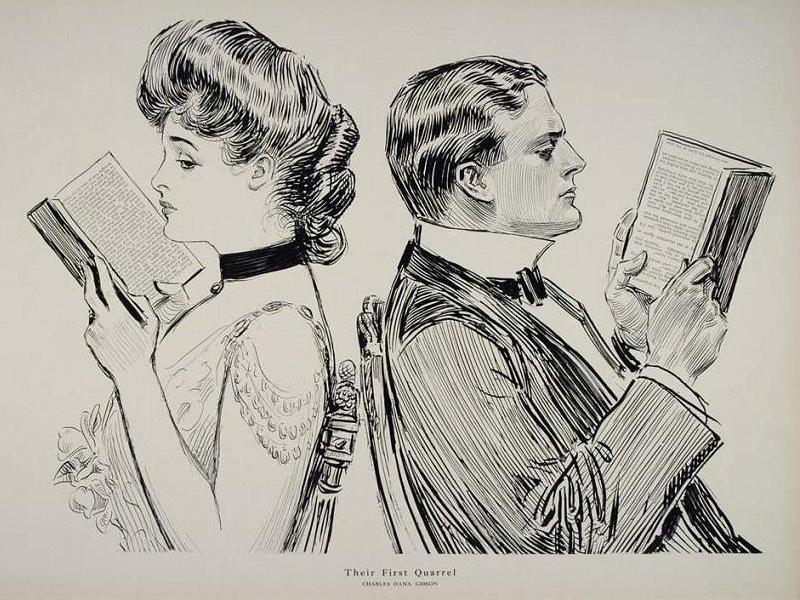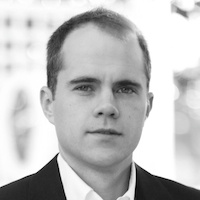I’ve made it a rule in my personal life to never apologize for loving people, even if that love is never returned.
To be unloving is the other person’s problem, not mine.
We can love, love, love, but sometimes that love isn’t returned. That’s not our fault.
To love or not to love is a choice. We chose to love. They chose not to. This does not mean we are unlovable or unworthy of love. We’re not idiots, fools or weak for loving.
Rather, we have courage because we chose to be vulnerable and self-sacrificing; a requirement for love. And when it’s over, though the echoes of the painful experiences reverberate in the depths of our being, we pick ourselves up, dust ourselves off, and we keep pressing onward.
As my grandmother once told me, “At the end of your life, the only things you’ll regret are: 1) Not taking more risks and 2) Not being more loving toward others.” She died when she was 94, and those were some of her final thoughts.
~
The following letter is from an 80-year-old grandfather to his son, Clayton “Finn” Fincannon. After a relationship ends between he and his first love “Eden” during his senior year of college in California, Finn visits home in Tennessee.
At night, beside a fire, Finn recounts the story to his grandfather. The next morning, Finn prepares to return to California to finish his last semester of college. The letter awaits him by the door.
Dear Finn,
I know right now, all that is visible is seen through the lenses of loss and pain. So, I’m not sure the words I say to you will resonate. But know that feelings just are. Experience them. Don’t deny them or push them away. If you do, it will come out through other avenues like short-tempers and sharp answers to friends and loved ones who don’t deserve to be mistreated.
We do not deny our experiences, good or bad. We must embrace them. They are a part of who we are. The point is to keep from dwelling on the past or holding on to the bad times. This way, we don’t lead ourselves into resentment, cynicism and bitterness.
You might believe that you must stop loving Eden, but that’s not true. We can love even when we know that love will never be returned. We are allowed to love someone even if that person is gone. What we miss is their presence, but that doesn’t mean we must stop loving them. As Maclean wrote, it is those who we love the most who so often elude us. But we can still love them. We can love them completely, without complete understanding.
Loving is not the same as holding on because “holding on” implies that we hope the loved one will come to their senses and return. Love is an action based on free choice despite the consequences. Love only becomes painful when it demands something in return. And though it may take time, you will find joy in loving those who might not even be aware of your love.
We must love people enough to enrich our lives while we have them, but not give them so much power that they impoverish our lives when they are gone. Our grief and pain are directly proportional to our love. The depth and level of pain are proof that we loved. And anytime we choose to love anyone, there is the risk that such love will not be returned. Despite the lies you will tell yourself, life is more fulfilling and worthy of living if we love and lose than if we never love at all.
Understand, son, that we can only help those who have hit rock bottom when we ourselves have seen existence through that same lens. Therefore, you can use the pain you’ve experienced to ease the pain in others.
Remember, we become what our minds dwell on. It’s proven in cognitive psychology that if we dwell on negative thoughts, we become negative people. “A man reaps what he sows.” If we live in the past, in a world that we cannot change, we only grow estranged from the present. We stop growing and decay. If the past brings good memories, let them brighten your present day, but do not long for their return or dwell on them. For it is the present day that must be taken care of if we are to expect to live fruitfully tomorrow.
Understanding our past helps us understand ourselves, but remember, we are shaped by our past – we are not bound by it.
I love you,
Grandpa
Excerpt from James Russell’s book, The Mason Jar.
~
~
~
Love elephant and want to go steady?
Sign up for our (curated) daily and weekly newsletters!
Editor: Emily Bartran
Photo: Wikimedia Commons


 Share on bsky
Share on bsky





Read 0 comments and reply